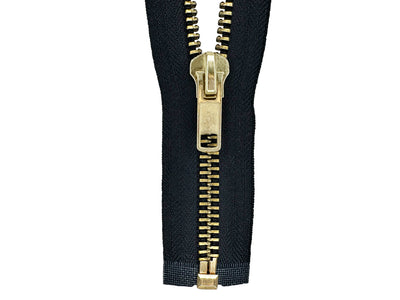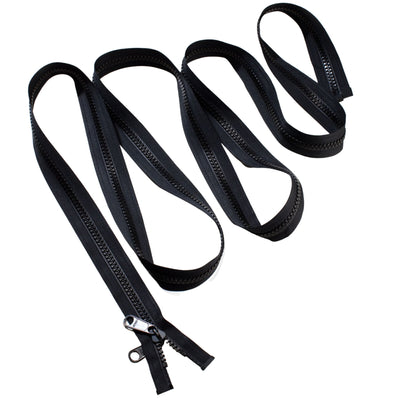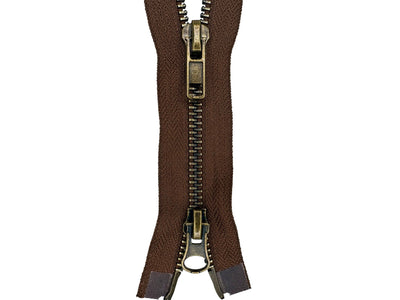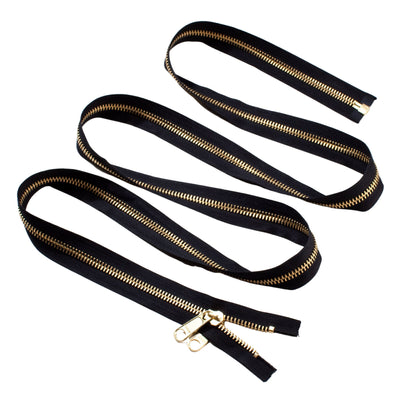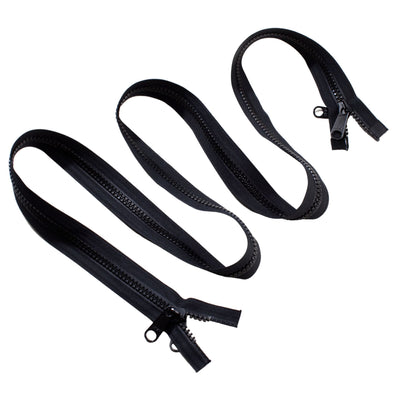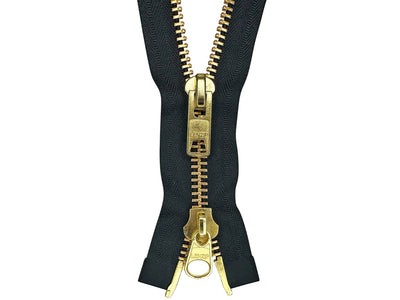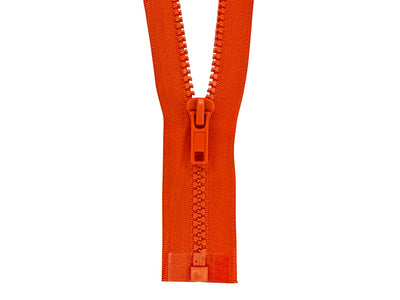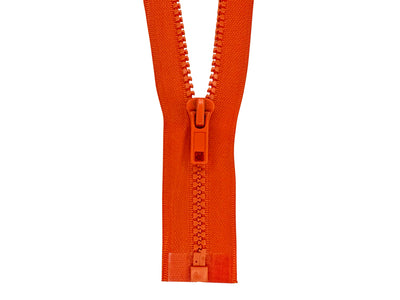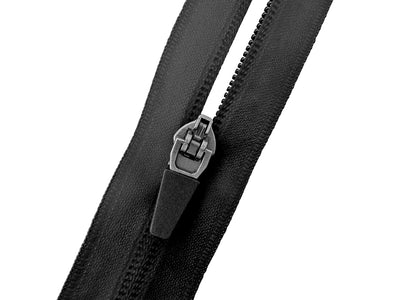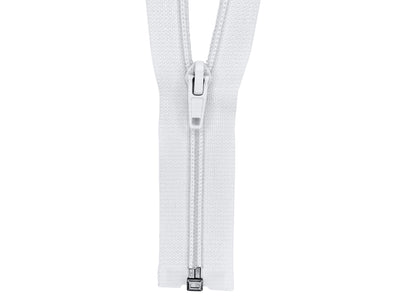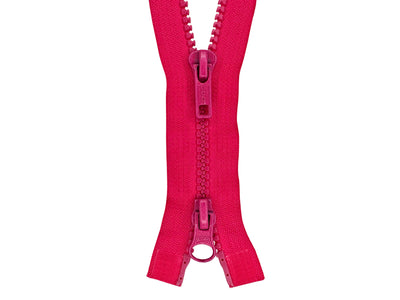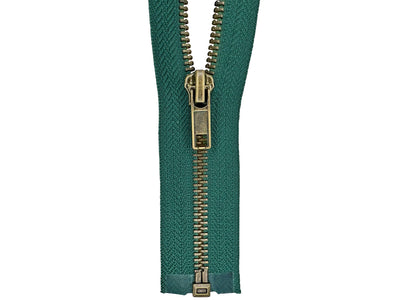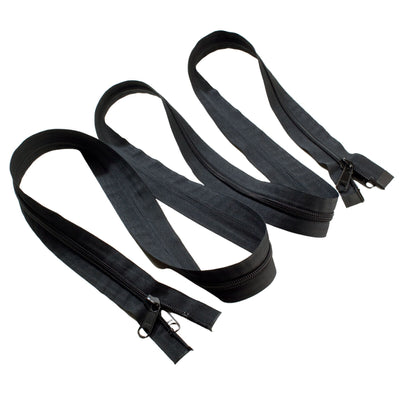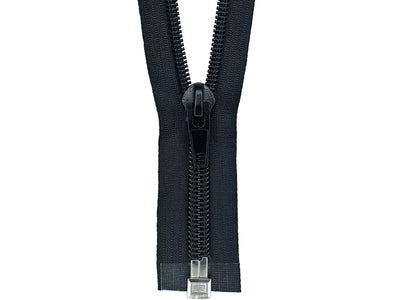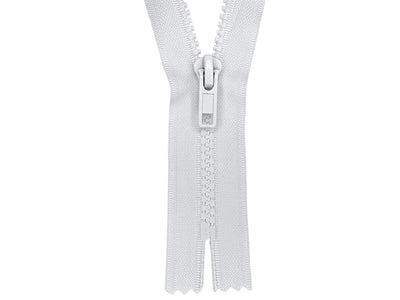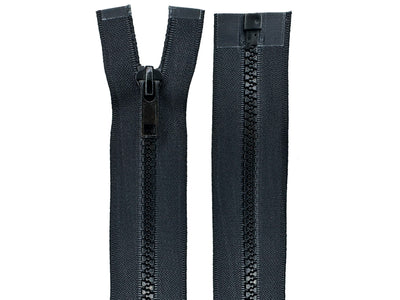Replacement Zippers
16 Products
Replacement Zippers
One reason you may have found our online zipper store is because you are looking for a replacement zipper for a favorite jacket, tent, or coat. Here on this page you will find a curated selection of zippers that are commonly used as replacements in garments, tents, and other gear.In reality, all the zippers we offer could serve as replacement zippers, but this page attempts to simplify your search by highlighting some of the most common items. If you don’t see exactly what you are looking for, chances are it can be found elsewhere on this website.
Quality Replacements For Your Zippers
Zippers are great until they break! Many times the original zipper in a garment is the weakest link. For example, a heavy winter coat may be well-insulated against the elements, but the zipper breaks and renders it unusable. This can be a frustrating situation, to say the least. Browsing the items on this page, you can find a suitable, high-quality replacement. A well-made replacement can be a terrific investment, allowing the garment to gain many more useful years of life.
Customers often remark after they receive their zipper from us that the zipper will outlast the coat itself. From our perspective, that is the best outcome: replace the zipper once and never have to do it again, extend the life of your gear, and create less waste in the process.
Considerations For Selecting A Replacement For Your Zipper
- Separating or closed-ended: If your original zipper is separating at the bottom – meaning the two halves of the zipper come apart completely, like at the bottom of a jacket – it is important that your replacement zipper also separates at the bottom.
- Length: The length of the new zipper will need to match the length of the original zipper. For separating zippers, the measurement is taken from the very bottom of the zipper to the top stop (the piece at the top of the zipper teeth that prevents the slider from going any further). On metal zippers this is known as “metal to metal.”
- Color: You’ll want the color to be similar to the color of the existing zipper, or alternatively you can go with a contrasting color that suits your preference for how the zipper will look. For example, if the original zipper is light grey, and it exactly matches the fabric on the coat, it may be difficult to find a replacement zipper that is exactly the right shade. In that case, it may be best to go with a neutral, contrasting color, such as black or white.
- Gauge: the gauge of the zipper corresponds to the width, in millimeters, of the zipper teeth when they are zipped.
The alternative to a separating zipper is a closed-ended zipper. Closed-ended zippers are suitable for things like pillows and skirts, and don’t separate at the bottom.
Some examples:
#3 – light weight
#5 – medium weight
#10 – heavy duty
The gauge of the new zipper doesn’t necessarily need to match the gauge of the original zipper. You may end up deciding to go with a more robust replacement. For example, if the original zipper was a #5 and gave out easily, it could potentially be replaced with a heavier zipper like a #8 or a #10. The ability to put in a bigger zipper does depend on the construction of the item into which it is being sewn, so be mindful of the garment’s construction when changing the gauge.

